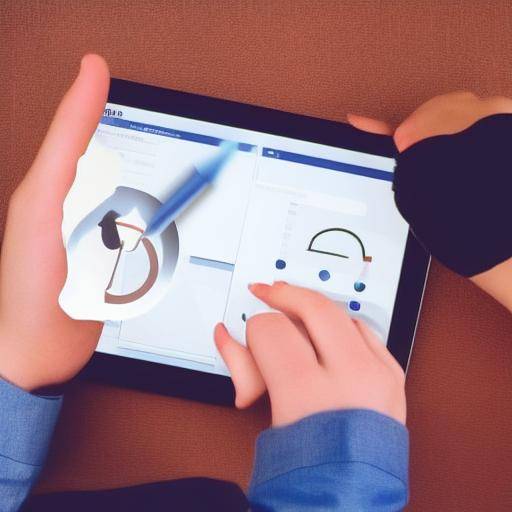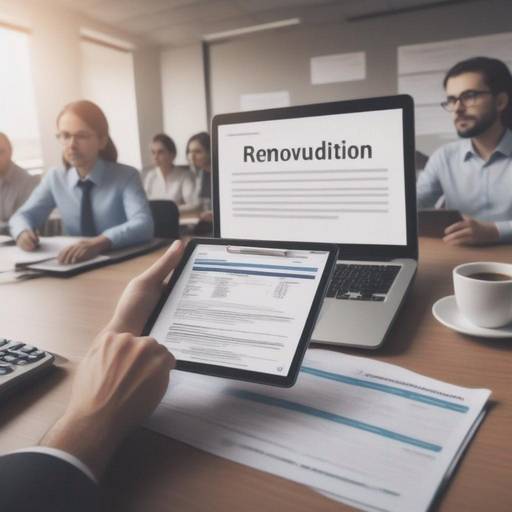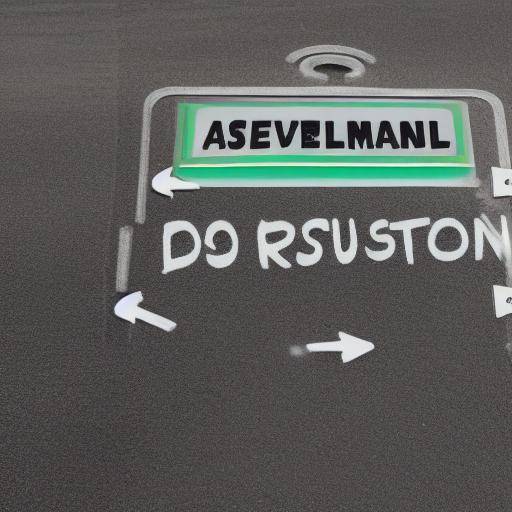
Personal relationships are fundamental to emotional well-being and happiness in life. With self-assessment, we can strengthen these relationships by better understanding our emotions, thoughts and behaviors. In this article, we will explore in detail how self-assessment can have a positive impact on personal relationships as well as on emotional well-being.
Introduction
Understanding and improving our personal relationships is key to our happiness and satisfaction. Often, we focus on interactions with others, but we overlook the importance of understanding ourselves. Self-assessment gives us the opportunity to explore our strengths, weaknesses, desires and fears, which in turn can improve our ability to relate significantly to others.
In this article, we will explore how self-evaluation can strengthen personal relationships by allowing us to identify areas of personal improvement, foster empathy and understanding, and promote effective communication. In addition, we will provide practical advice and strategies to implement self-assessment in our daily lives, and examine the impact that can have on overall emotional well-being.
History and Background
Self-evaluation is not a new concept. From ancient philosophers to contemporary psychologists, personal introspection has played a crucial role in the development of self-understanding and relationships with others.
Origins and Evolution
The history of self-assessment dates back to the philosophies of ancient Greece, where figures such as Socrates and Plato advocated for self-awareness as a means to attain wisdom and virtue. Over the centuries, this approach has evolved, influencing disciplines such as psychology, sociology and family therapy.
Important Milestones
In the 20th century, figures like Sigmund Freud and Carl Rogers dedicated themselves to studying self-evaluation and its impact on interpersonal relationships. Freud, with his focus on the unconscious and the importance of self-exploration, laid the basis for future psychological theories. On the other hand, Rogers developed the person-centred theory, which emphasizes self-acceptance and empatic understanding as fundamental pillars for healthy relationships.
Detailed Analysis
Self-assessment has evolved from a philosophical concept to a widely used psychological tool. It has been applied in various areas, from individual therapy to life coaching and organizational development. Its impact has been studied in depth, revealing significant benefits for personal relationships and emotional well-being.
Benefits of Self-assessment
Self-assessment can bring significant benefits to our personal relationships and to our overall emotional well-being. By understanding ourselves better, we can address interpersonal relationships with greater empathy, authenticity and clarity.
Strengthening of empathy
Self-assessment allows us to connect with our own emotions and experiences, which in turn enables us to understand and empathize with others. Being aware of our own struggles and triumphs, we are better prepared to offer support and understanding to those around us.
Improved Communication
By reflecting on our own strengths and weaknesses, we can identify communication patterns that affect our relationships. Self-assessment helps us to feel safer by expressing our needs, as well as understanding and responding to the needs of others, thereby strengthening communication in our relationships.
Promotion of Personal Growth
By identifying areas of improvement through self-assessment, we can actively work on our personal development, overcoming obstacles that could affect our relationships. This individual growth can lead to more balanced, genuine and satisfactory relationships for all parties involved.
Challenges of Self-assessment
While self-evaluation offers many benefits, it also brings challenges. Self-exploitation can be emotionally demanding and can lead to confront aspects of ourselves that we would rather ignore. It is important to be prepared to face the challenges that arise during the self-assessment process, and to seek appropriate support if necessary.
Current trends
In the digital era, self-evaluation has evolved with the emergence of online applications and tools that facilitate personal reflection and follow-up of progress. These technological trends have expanded the scope of self-evaluation, making it more accessible to a wide range of people.
Practical Use of Self-Assessment in Personal Relations
Self-assessment can be implemented in various ways to strengthen personal relationships and promote emotional well-being. Here are some practical strategies to incorporate self-assessment into our daily lives.
Listen.
Self-assessment can improve our ability to practice active listening, allowing us to pay full attention to the needs of others and understand their experiences from a place of empathy and understanding.
Assertive Communication
In assessing our own communicative trends, we can identify areas where we could improve the way we express ourselves and address conflicts. Self-assessment promotes assertivity, promoting more honest and respectful interactions.
Self-knowledge in Conflict
During conflicting situations, self-assessment allows us to recognize our own emotions and automatic responses, which enables us to address the conflict from a place of understanding and calm, rather than reactivity.
Enhancing empathy
Self-assessment allows us to recognize our own strengths and vulnerabilities, which in turn makes us more capable of understanding and empathizing with others. This approach to empathy can strengthen and enrich our personal relationships.
Conclusions and FAQs
Conclusions
Self-assessment is a valuable tool for strengthening personal relationships and fostering emotional well-being. By understanding ourselves better, we can address relationships with greater empathy, authenticity and clarity. Self-evaluation requires courage and commitment, but its positive impact on our lives and relationships is unquestionable.
Frequently asked questions
1. How can I start implementing self-assessment in my daily life?
Self-assessment can be started by practicing full attention, regular self-reflection and recording thoughts and emotions.
2. What are the main difficulties people often face when starting self-evaluation?
Some common difficulties include fear of facing aspects of oneself, resistance to change and the tendency to excessive self-criticism.
3. Can self-evaluation lead you to be too self-critical?
It is important to maintain a healthy balance between constructive self-evaluation and excessive self-criticism. The goal is to learn and grow, rather than to devaluate.
4. Is self-evaluation just to solve problems or can it also improve healthy relationships?
Self-evaluation is beneficial in both cases. It can strengthen healthy relationships by promoting effective communication and mutual understanding.
5. What role does self-evaluation play in managing interpersonal conflicts?
Self-assessment can help manage interpersonal conflicts by allowing a deeper understanding of our own automatic responses and emotions.
6. When is the right time to seek professional self-assessment help?
If self-assessment triggers intense emotions or hinders daily functioning, it is important to seek the support of a mental health professional for additional guidance and support.
External Sources
For more information on self-assessment, personal relationships and emotional well-being, it is suggested to consult the following external sources:
- American Psychological Association: APA offers resources on self-assessment and psychology applied to personal relationships.
- Mindful: This platform offers articles and practices related to full attention and self-assessment.
- HelpGuide: HelpGuide provides information and resources on healthy relationships and communication skills.
Conclusion
Self-assessment is a powerful tool that, when applied in a reflective and compassionate manner, can strengthen our personal relationships and promote greater emotional well-being. By cultivating a deeper understanding of ourselves, we can offer others a more authentic and meaningful connection. Self-assessment requires courage and commitment, but its benefits enrich our life in all aspects.
As we continue to explore the potential of self-assessment in the context of personal relationships and emotional well-being, it is essential to remember that each individual is unique and can find customized approaches for his own personal exploration. In doing so, we hope to strengthen our relationships and promote a greater sense of connection and realization.






















































